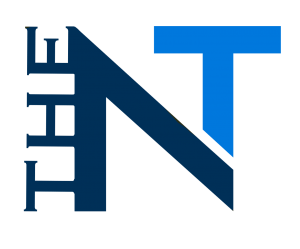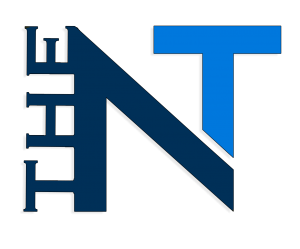Patent valuations can be a complex yet crucial aspect of safeguarding your intellectual property and leveraging it for financial gain. Whether you are an inventor, a business owner, or a legal professional, understanding how to value a patent accurately is essential for making informed decisions regarding licensing or selling your patent rights not to mention a host of issues pertaining to potential litigation around one’s invention. This article will guide you through the key steps of patent valuations, from understanding the basics to identifying the most appropriate valuation methods for your particular situation.
Understanding the Basics of Patent Valuations
When you begin the process of patent valuation, it’s important to first understand what a patent is and why it holds value. A patent is an exclusive right granted by the government that allows an inventor to prevent others from making, using, or selling their invention for a certain period. The value of a patent lies in its ability to generate revenue, either by commercializing (i.e. manufacturing, distributing and promoting) the underlying invention independently or by allowing the patent holder to license rights to the invention to others in exchange for period royalty payments or, lastly, by allowing the patent holder to sell those rights outright in exchange for a a lump sum from a patent buyer.
The value of a patent can vary significantly depending on several factors, including the scope of the patent, the size of the market, the competitive landscape, and the remaining life of the patent. Patents that cover groundbreaking technologies or have broad applications typically hold higher value than those with more limited use.
One essential aspect of patent valuation is determining the present value of the projected economic benefit that the patent will bring to its owner. This can include direct revenue from sales, licensing royalties or cost savings due to the exclusivity granted by the patent. Understanding these fundamentals is the first step in beginning the valuation process.
Learn more about patents and their value at the United States Patent and Trademark Office (USPTO) – Patents.
Choosing the Right Valuation Method
There are several methods used to value patents, each with its own strengths and limitations. The most commonly used methods are the cost method, the market method, and the income method. Choosing the right method depends on the specific circumstances of your patent and the purpose of the valuation.
-
Cost Method: The cost method considers the costs associated with developing the patent, including research and development expenses, legal fees, and any other costs incurred during the patent application process. This method is straightforward but may not fully capture the potential revenue-generating capacity of the patent.
-
Market Method: The market method compares the patent to similar patents that have been sold or licensed in the marketplace. This method can provide a reasonable estimate of value if there is sufficient market data available. However, finding comparable patents can be challenging, and this method may not account for the unique aspects of your patent.
-
Income Method: The income method is often considered the most comprehensive approach. It estimates the future income that the patent is expected to generate and discounts it to present value. This method requires detailed financial projections and an understanding of the patent’s market potential, making it more complex but also more accurate in many cases.
When selecting a valuation method, it’s important to consider the purpose of the valuation. For example, if you are considering selling your patent, the market method may provide a more realistic estimate of what buyers are willing to pay. On the other hand, if you are using the patent as collateral for financing, the income method might be more appropriate.
For a deeper dive into the basics of patents, visit the World Intellectual Property Organization (WIPO) – Patent Basics.
Key Considerations and Challenges in Patent Valuations
While patent valuation methods provide a framework, there are several challenges and considerations that you should be aware of. First, the value of a patent can be highly speculative, especially for early-stage technologies that have yet to be introduced to the marketplace. Market conditions, technological advancements, and legal risks can all impact the value of a patent.
Additionally, patents are subject to a finite lifespan, typically 20 years from the filing date. As the patent nears the end of its life, its value tends to diminish, particularly if competitors have developed alternative technologies or if the patent’s market has declined.
Finally, it is important to consider the broader context of your patent portfolio. A single patent may have limited value on its own, but when combined with complementary patents, it can create a stronger competitive advantage and enhance the overall value of the portfolio. Engaging with professionals who have experience in patent valuations can help navigate these complexities and provide a more accurate assessment.
To understand more about how patents are valued, check out the Harvard Business Review – Valuing Patents.
Conclusion: Begin Your Patent Valuation Journey Today
Patent valuations are a critical step in maximizing the value of your intellectual property. By understanding the basics, choosing the right valuation method, and being aware of key challenges, you can ensure that your patent is accurately valued and positioned for success.
Led by Certified Valuation Analyst Joe Carlen who has 17 years of patent valuation and IP infringement expert witness experience, Know Thy Market specializes in providing comprehensive patent valuations that are tailored to your specific needs. With our expertise in patent valuation, business valuation and strategic consulting, we help you unlock the full potential of your intellectual property. Whether you are looking to sell, license, or leverage your patents for business growth, we are a proven resource for you.
Ready to get started? Contact us today to schedule a consultation and take the first step towards maximizing the value of your patent portfolio.




